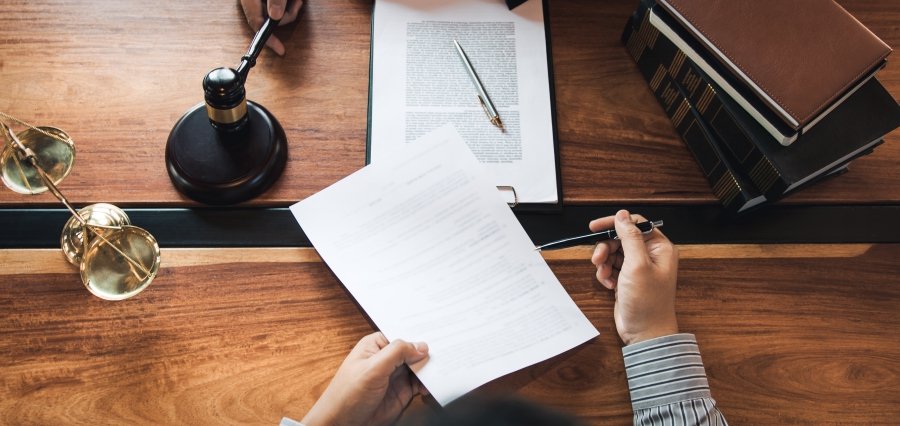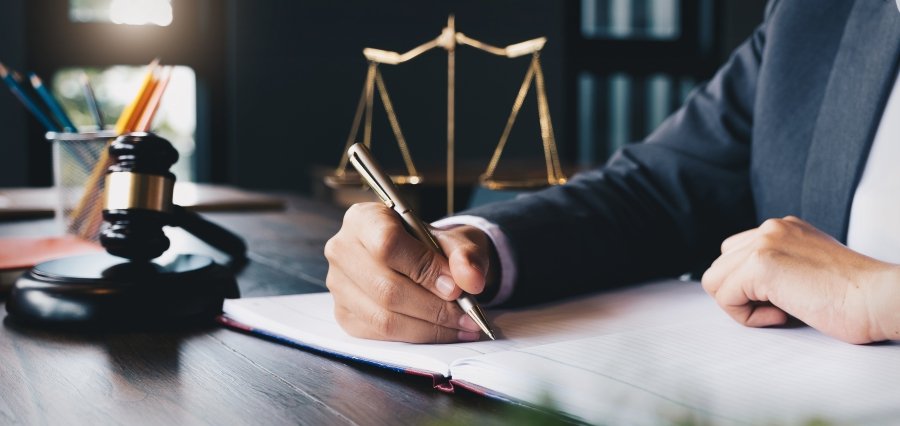Prime Highlights
- President Donald Trump has federalized the Washington, D.C. police force and deployed as many as 800 National Guard soldiers under a seven-day “crime emergency.”
- The step has been widely criticized by local authorities, with crime rates at a 30-year low.
Key Fact
- Citing Section 740 of the Home Rule Act, Trump federalized the Metropolitan Police for up to 30 days.
- The National Guard will be stationed in rotating units of 100–200 soldiers with added visibility all over the capital.
Key Background
With a contentious but swift action, President Donald Trump declared a public safety emergency in Washington, D.C., invoking Section 740 of the Home Rule Act. The emergency allows for federal control over the Metropolitan Police Department for as long as 30 days and provides for the deployment of the D.C. National Guard. The order will allow up to 800 Guard troops to work rotating shifts, 100 to 200 at a time. They will be working alongside federal law enforcement officers under the command of the U.S. Marshals Service.
The federal component includes a broad array of agencies such as the FBI, U.S. Park Police, Bureau of Alcohol, Tobacco, Firearms and Explosives, Drug Enforcement Administration, and Immigration and Customs Enforcement. To this effect, around 120 FBI agents have been assigned overnight patrol with citizens. The initiative is an addition to Trump’s “Making DC Safe and Beautiful Task Force” that seeks to increase the presence of law enforcers and combat crime.
But the speed and the timing of the action have been questioned. Government reports show violent crime in Washington, D.C., stood at a 30-year low in 2024 and has only decreased further since then until 2025. The federal intervention has been termed “unsettling and unprecedented” by Mayor Muriel Bowser and city council members who also signaled they are exploring potential legal action along with the attorney general. Civil-rights organizations warn that the action would disproportionately affect Black communities and undermine local government.
This is a recurring pattern of Trump’s domestic security policy, however, with the use of federal power in cities, such as putting down protests and rounding up immigrants. These initiatives are decried as potentially blurring the distinction between domestic policing by citizens and militarized enforcement, endangering civil liberties and balance concerns about federal over local power.
Read Also : iPhone Exports from India Still in Limbo Despite US Tariff Exemption





